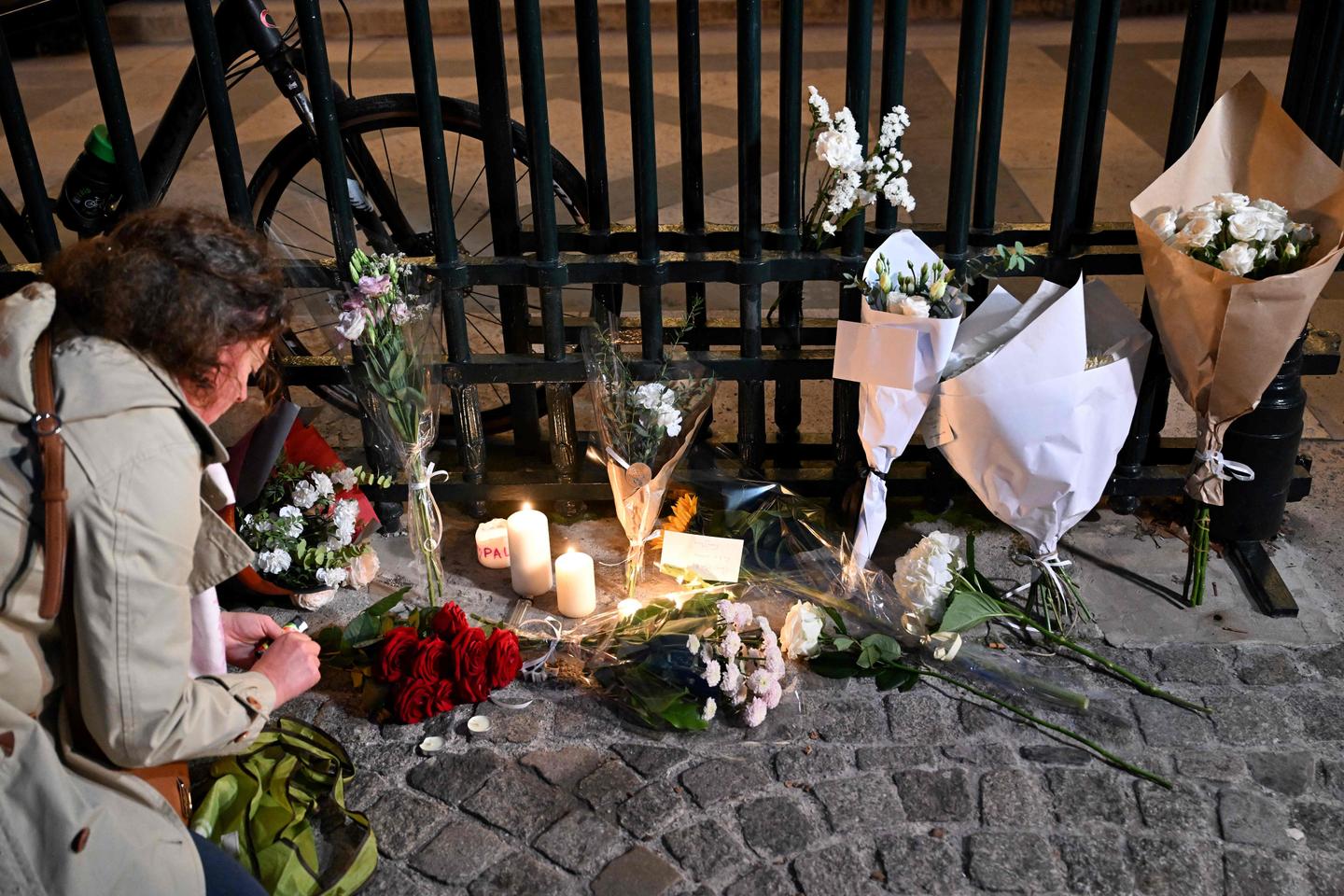


What happened on Tuesday, October 15, in the Madeleine neighborhood of Paris says a lot about the state of our society. Paul Varry, a 27-year-old cyclist, died late that afternoon, crushed by a car after an altercation with its driver.
A combination of factors turned the fatal event, which is rare in Paris – out of 226 cyclists killed in accidents in 2023, only one occurred in the French capital – into a societal issue. The victim was an activist for bicycle use and the 52-year-old perpetrator was driving an SUV. According to the prosecutor's office, the driver "turned his wheels in the direction" of the young man "and drove forward toward him." The fact that the transport minister showed no emotion whatsoever in the wake of this tragedy also makes it a political issue.
On the face of it, it's a very "Parisian" story, turning into a tragedy one of the many disputes with motor vehicles that cyclists, increasingly numerous in big cities but also in the countryside since the Covid pandemic, experience every day. Hence the intensity of the emotion felt by the public.
It would be a mistake, however, to see Varry's death as nothing more than an unfortunate consequence of the tensions caused by the spread of bicycle use in the capital. On the one hand, because it was most probably not an accident, the motorist has been charged with murder. Secondly, because the majority of fatal accidents involving cyclists take place on rural roads, where there are also altercations between cyclists and motorists who behave dangerously, comparable to Tuesday's incident in Paris.
Car aggression
Certainly, the tragedy helps to demonstrate the difficulties of coexisting in a society marked by the rise of individualism and incivility. It takes place against a positive backdrop of drastically reduced car use, which implies changes in the behavior of all users. While the ideal of "soft mobility" clashes with the often anarchic behavior of bicycle users, the clichés of virility, speed and efficiency conveyed by car advertising collide with urban reality. It's up to each individual to deal with his or her own frustrations.
Yet road rage, a phenomenon long identified by Americans in which an annoyance can degenerate into tragedy, remains ignored in France. This is despite the fact that in the country, 32% of motorists admit that they sometimes tailgate vehicles whose drivers irritate them. We need to overcome the denial that surrounds car aggression and tolerance toward road violence, and remember that 84% of those presumed responsible for fatal accidents are men. Testimonies abound of life-threatening situations, documented by videos but neglected by the police.
The answers to these problems lie not only in cracking down on infringements but also in information and education, which are currently inadequate. It's up to cyclists to learn the basic rules of cycling; it's up to motorists to learn to respect cyclists. It's up to everyone to practice the basic courtesy due to pedestrians. Everyone needs to know, when they get behind the wheel, that a cyclist, who weighs 30 times less than an SUV, doesn't stand a chance against them. Varry was a victim of the law of the strongest. It cannot prevail.
